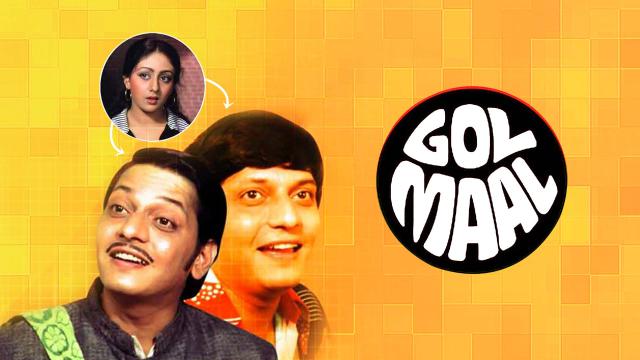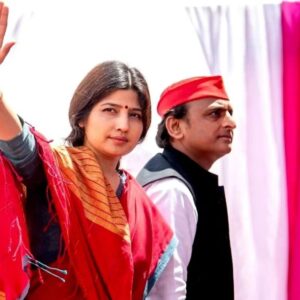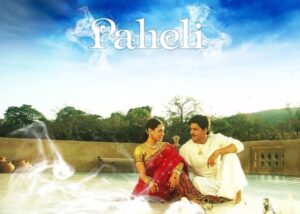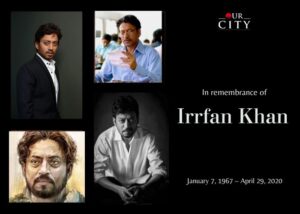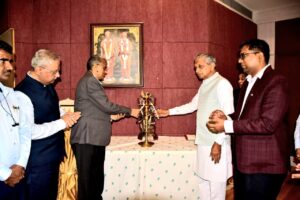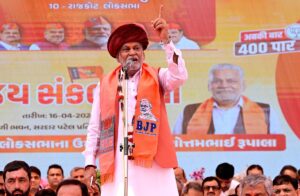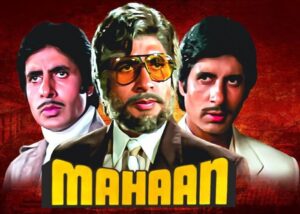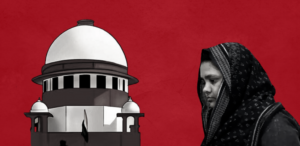‘Golmaal’, the same word was used by a different director to convey a candid narrative decades before Rohit Shetty took over with his comic franchise Golmaal: Hrishikesh Mukherjee’s Gol Maal, which debuted on April 20, 1979.
Middle- Class Sustainability
Gol Maal by Mukherjee was more than simply a fun movie. In the 1970s, it was a sharp commentary on the pressing issue of sustainability facing the middle class, while also being conscious of the times. While Salim-Javed composed angry dialogues for Amitabh Bachchan to strengthen the flames of the ‘Angry Young Man’, Mukherjee softly stretched the boundaries, making hilarious comments on topics like unemployment.
Relevant Choices
 Amol Palekar, is as dominant in this film as Amitabh Bachchan in the film ‘Zanjeer’. Palekar demonstrated against the system by making relevant choices that an average person would make on an occasion when his career is in jeopardy, as opposed to using force. The depressing situation was mirrored by the helplessness or desperation of a middle-class guy rather than by an anti-establishment stance.
Amol Palekar, is as dominant in this film as Amitabh Bachchan in the film ‘Zanjeer’. Palekar demonstrated against the system by making relevant choices that an average person would make on an occasion when his career is in jeopardy, as opposed to using force. The depressing situation was mirrored by the helplessness or desperation of a middle-class guy rather than by an anti-establishment stance.
Palekar portrays Ram Prasad Sharma in Gol Maal, who is a sports and movie buff who pretends to be only focused on business after finding out that his potential employer Bhavani Shankar (Utpal Dutt) is a stickler for Indian customs. Does this sound familiar? Additionally, Shankar does not shave his moustache since he thinks a guy without a moustache is a man without character.
“इश्श्श्! जिसके पास मूंछ नहीं…उसके पास मन ही नहीं.”
Unethically Caught!
Shankar impressed worker Ram right away. However, a few days later, when his new workaholic employee ‘reluctantly’ requests a leave of absence due to his mother’s illness, he notices Ram at a football match (Indian cultural violation warning!). The guy Shankar saw during the football match, according to Ram’s defence, was really his twin brother Lakshman Prasad Sharma (indeed, Farah Khan was obviously influenced by Gol Maal when she created Main Hoon Naa in 2004).
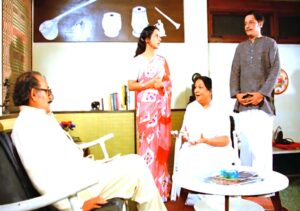 Ram enters the never-back-down routine of leading two lives when Shankar asks his “twin brother,” Lakshman (who, as Ram disclosed, is also an excellent singer), to teach music to his daughter Urmila (Bindiya Goswami). This is because, interestingly, Lakshman lacks a moustache (or character, according to Bhawani’s definition). Soon after Bhawani insists on seeing Ram’s sick mother, Ram is forced to cast wealthy socialite and aspiring actress Mrs. Shrivastava (Dina Pathak) as his widowed mother (his real mother has passed away).
Ram enters the never-back-down routine of leading two lives when Shankar asks his “twin brother,” Lakshman (who, as Ram disclosed, is also an excellent singer), to teach music to his daughter Urmila (Bindiya Goswami). This is because, interestingly, Lakshman lacks a moustache (or character, according to Bhawani’s definition). Soon after Bhawani insists on seeing Ram’s sick mother, Ram is forced to cast wealthy socialite and aspiring actress Mrs. Shrivastava (Dina Pathak) as his widowed mother (his real mother has passed away).
Funny situations emerge from this planned mayhem, such as when Palekar runs out of glue while trying to grow a false moustache and Dina Pathak, jumps through the kitchen window of a house to prevent Palekar from being discovered.
Double Deception
Even back then, fans of Hindi cinema had previously seen films like ‘Ram Aur Shyam’ and ‘Seeta Aur Geeta’, thus the twin motif was nothing new. What Mukherjee was attempting to illustrate with the double deception narrative point—how an ordinary guy tries to play his best cards, especially when he is in a desperate situation like looking for a job—turned out to be novel in the movie.
Defining the Eras
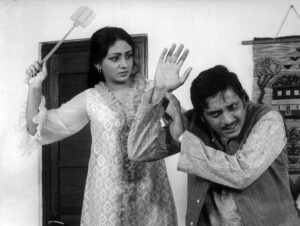 Even if Mukherjee’s concept is still relevant, it needed to be reinforced in 1979 all the more. At that time, Bollywood was about to enter the 1980s, a decade marked by the boom of the Disco era—a style that was obviously borrowed from the West. After that, especially after the 1990s, Indian culture has only become more receptive to Western influences which shines bright through this dialogue:
Even if Mukherjee’s concept is still relevant, it needed to be reinforced in 1979 all the more. At that time, Bollywood was about to enter the 1980s, a decade marked by the boom of the Disco era—a style that was obviously borrowed from the West. After that, especially after the 1990s, Indian culture has only become more receptive to Western influences which shines bright through this dialogue:
“जो अपना नाम छोटा करदे, वो काम भी छोटा ही करेगा”
In the climactic scene of Gol Maal, Shankar’s close buddy attempts to take him out of his fixation with his Indian heritage and into accepting at least a small portion of Western culture. It was a pretty abrupt ending.
“इस मूंछ में क्या शराफत ने कोई घोटाला बनाया है?”
He asks this to make Shankar understand that not all clean-shaven men are uneducated, just as not all films require an ‘Angry Young Man’ to lash out against the status quo.

